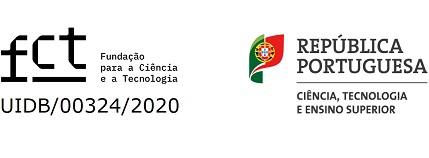|
Matrix properties were first introduced by Z. Janelidze in 2006, as a class of exactness properties that may be represented by (extended) matrices of terms in an algebraic theory. In the simplest case, i.e., when the given algebraic theory is the algebraic theory of sets, matrix properties may be represented by matrices of positive integers. For instance, the property of a finitely complete category to be Mal'tsev is an example of such a matrix property. But also the properties of a finitely complete category to be unital, subtractive or strongly unital can be formulated as a matrix property (with the given algebraic theory being that of pointed sets). Given two (simple) matrix properties, is there a procedure for deciding whether one matrix property determines the other purely in terms of the matrices that represent them? The answer to such a question is context sensitive, i.e., it depends on what further exactness properties the base category satisfies such as being finitely complete, regular, algebraic, ect. In the left exact context we give an algorithm for determining whether a conjunction of matrix properties implies another, and give a demonstration of the context sensitivity of such implications. We will also consider the corresponding procedure for matrix properties arising from the algebraic theory of pointed sets, i.e., pointed matrix properties. In this case we show how a process of "Bourn-localisation" of matrix properties connects with our results regarding the non-pointed matrix properties with the pointed ones. The talk ends with a survey of some recent results in this topic. This talk is based on a joint work-in-progress with Z. Janelidze and P.-A. Jacqmin.
|

